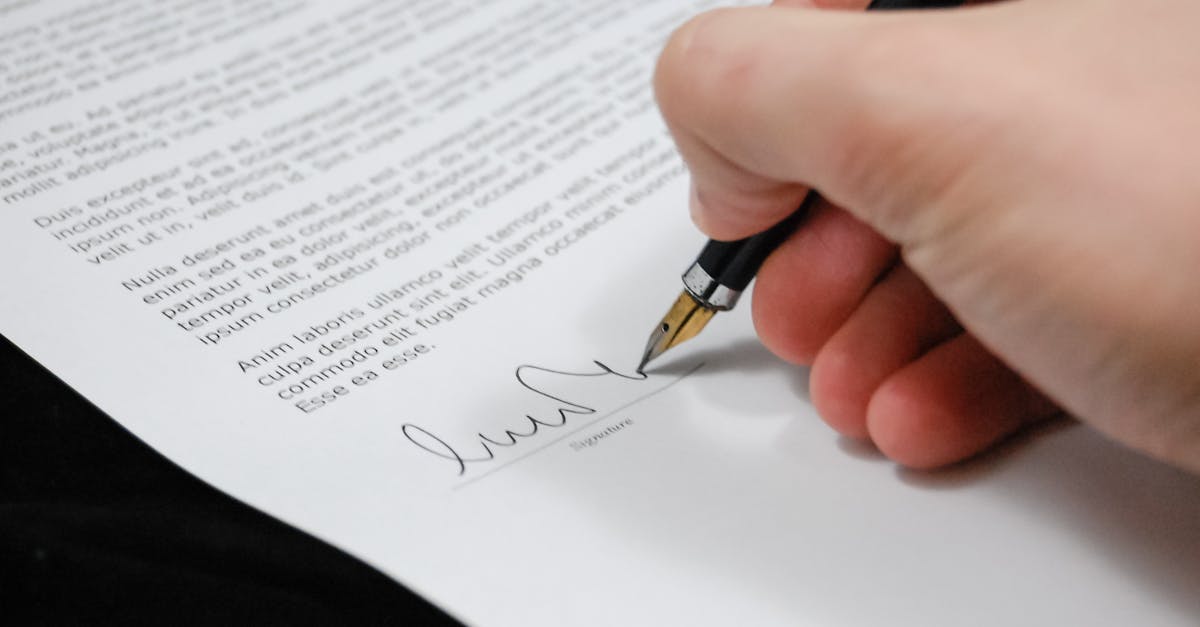Governor Josh Green is scheduled to meet with several federal leaders in Washington D.C., focusing on key areas that directly impact Hawaii's business environment and future economic prosperity. The meetings will encompass discussions with the Secretaries of Energy and the Interior, as well as top officials at the Environmental Protection Agency and the US Department of Health and Human Services. Additionally, the Governor will engage with top military officials, highlighting the multifaceted nature of the discussions and their wide-ranging influence.
One of the primary focuses of the Governor's trip is Hawaii's ongoing transition to clean energy. This commitment is underscored by the state's pioneering role in renewable energy adoption. The Hawaii State Energy Office (HSEO) reported that the state is committed to eliminating its dependence on imported fossil fuels by 2045. This focus presents substantial opportunities for businesses involved in renewable energy development, energy storage solutions, and related technologies. As the state moves towards its legislated net-zero carbon mandate, entrepreneurs in this sector can anticipate further policy support and investment.
Furthermore, the discussions will address Hawaii's wildfire response and recovery efforts. With the tragic events on Maui still fresh, federal support and collaboration are crucial. The meetings offer a platform to secure resources and strategies for long-term recovery, including infrastructure rebuilding and economic revitalization in affected areas. This will impact construction, real estate, and tourism, creating both challenges and opportunities for those sectors.
Hawai'i's healthcare infrastructure will also be a key discussion point. Addressing healthcare capacity, access, and resilience is vital for the state's population and workforce. The meetings with federal officials from the Department of Health and Human Services could lead to increased funding for healthcare facilities and programs, potentially benefiting healthcare providers, technology firms, and related businesses.
Another critical aspect of the meetings involves military readiness across the Pacific. Given Hawaii's strategic location, its relationship with the military is vital. The discussions will likely revolve around the balance between national security and environmental conservation, as highlighted in conversations with the Governor about military land leases by Hawaii Public Radio. This aspect could influence real estate development, construction, and other businesses that interact with the military.
In addition to these critical discussions, the Governor's recent executive order to promote and expedite the development of renewable energy will likely be a talking point. The Governor's office has outlined priorities to reduce energy costs, prevent blackouts, and slash emissions. These discussions are pivotal in shaping the future economic growth and sustainability of Hawaii.



